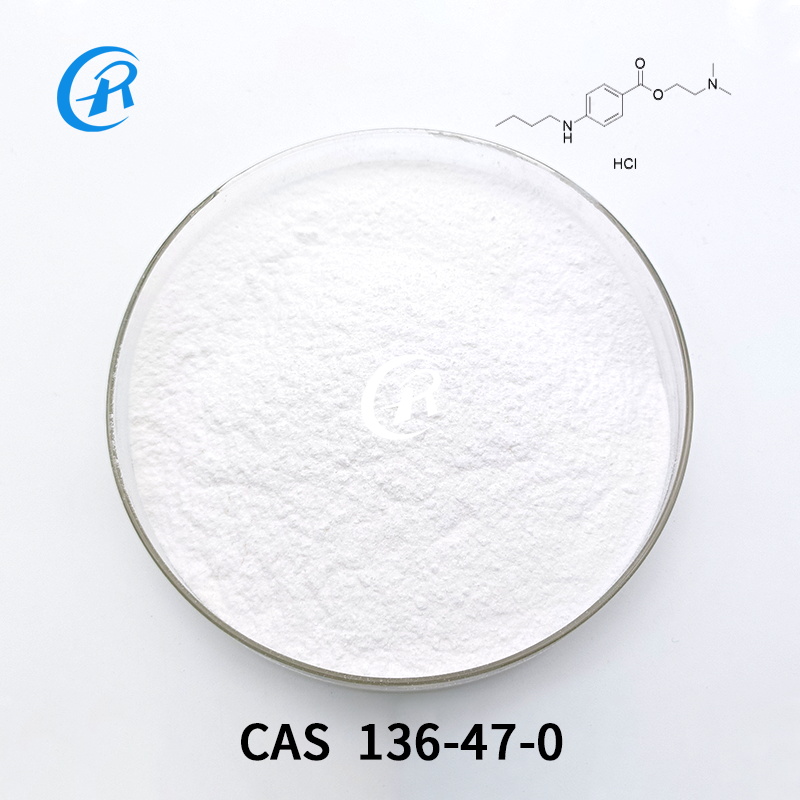The state of California proposed a ban on certain food additives, including potassium bromate. Read on to learn what it is and what it means for your health.
Adam Meyer is a health writer, certified holistic nutritionist and 100% plant-based athlete. In addition to EatingWell, his work has been featured on The Beet, Verywell Fit, The Healthy, Livestrong, Alive, Best Life and others. He graduated from the NutraPhoria School of Holistic Nutrition in 2019 and has since founded Pillars Nutrition. 1-Bromo-5-Fluoropentane

Jessica Ball, M.S., RD, has been with EatingWell for three years and works as the associate nutrition editor for the brand. She is a registered dietitian with a master's in food, nutrition and sustainability. In addition to EatingWell, her work has appeared in Food & Wine, Real Simple, Parents, Better Homes and Gardens and MyRecipes.
If you've been keeping up with the latest food news, you might have heard about California's proposed ban on certain food additives, including potassium bromate. But what exactly is potassium bromate, and should you be worried about it?
In this article, we'll explore the world of food additives and cover what potassium bromate is, where it's commonly found and the potential health risks associated with consuming it. Whether you're a health-conscious consumer or simply curious about the food you're eating, keep reading to help yourself make informed decisions about what you put on your plate.
Potassium bromate is a chemical additive commonly used in the food industry to help strengthen dough and enhance the texture of baked goods. It's often added to bread, rolls and other baked goods to make them rise higher and have a more uniform texture. However, potassium bromate is controversial due to its potential health risks.
Potassium bromate is classified as a possible human carcinogen by the International Agency for Research on Cancer, meaning it may increase cancer risk in humans. Despite this classification, potassium bromate is still legal in many countries, including the United States.
"Potassium bromate has been found to [increase risk of] cancer in animals and act as a free radical, causing oxidative damage in lab studies with human liver and intestinal cells," Kelsey Kunik, RDN, a registered dietitian nutritionist and nutrition advisor for Fin vs Fin, tells EatingWell. "Studies have shown many baked breads contain unsafe levels of potassium bromate." Kunik refers to data showing these baked goods contain over the Food and Drug Administration's threshold dose of 50 milligrams per kilogram.
Potassium bromate is a common food additive that's been used for decades to improve the texture and rise of bread and other baked goods. The following products often contain potassium bromate:
It's important to note that not all bread products contain potassium bromate, so it's always a good idea to check the ingredients list before purchasing.
Studies have linked potassium bromate to cancer in laboratory animals and it's been classified as a possible human carcinogen by the IARC. While there's no clear evidence that potassium bromate causes cancer in humans, more research is needed to help clarify the long-term health risks.
"Bakers who come into contact with too much potassium bromate may experience symptoms like diarrhea, vomiting and abdominal and digestive tract pain and irritation," says Kunik. "While it's unknown the exact amounts that [might] lead to cancer, lab studies show that potassium bromate converts to oxides and free radicals in the body, which can damage DNA and chromosomes, with the amount of damage directly affected by the amount of potassium bromate ingested."
Due to concerns about its safety, potassium bromate is banned in several countries, including the members of the European Union, as well as Canada, Brazil and China. However, it's still allowed in the U.S., although the FDA does require that it be listed as an ingredient on food labels.
While potassium bromate can improve the texture and rise of bread, it's unnecessary for baking. Other ingredients, such as ascorbic acid (aka vitamin C) and enzymes, can be used to achieve similar results. Many companies have switched to using alternative ingredients in their products, demonstrating that it's possible to bake without potassium bromate.
Potassium bromate is a food additive used as a flour improver to strengthen dough and help it rise during baking. It's commonly added to baked goods such as bread, bagels and pastries to improve their texture and volume.
When ingested, potassium bromate can be converted into a reactive molecule that may damage DNA and increase cancer risk. It can also affect the function of the kidneys and nervous system. However, the potentially harmful effects of potassium bromate depend on the dose and duration of exposure.
Potassium bromate has been classified as a possible human carcinogen by the IARC and is banned in many countries, including the European Union and Canada. While the FDA permits its use in the U.S., some health experts recommend avoiding foods containing potassium bromate due to its potential health risks.
Potassium bromate is a controversial food additive used in the food industry to enhance the texture and rise of baked goods. It's commonly added to bread, rolls and other baked goods to make them fluffier and more appealing. However, potassium bromate is classified as a possible human carcinogen and is banned in many countries due to safety concerns. Although the FDA still allows its use in the U.S., many companies have switched to alternative ingredients to achieve similar results. Therefore, it's worth considering avoiding foods containing potassium bromate to help reduce possible health risks.

Xylazine By clicking “Accept All Cookies”, you agree to the storing of cookies on your device to enhance site navigation, analyze site usage, and assist in our marketing efforts.